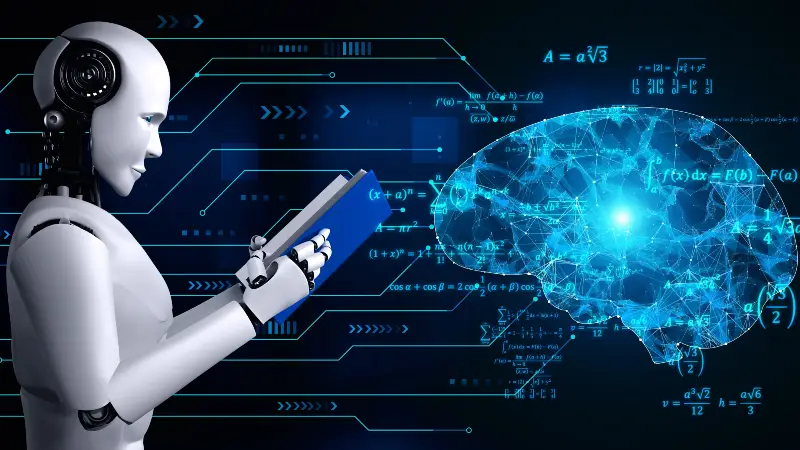The fast progress of ChatGPT and other Artificial Intelligence (AI) tools may reshape the education field by aiding teachers and improving learners’ experiences, making AI enter every aspect of teaching and learning, and thus transforming the whole teaching and learning way.
Here we’ll discuss 7 different ways AI is transforming education and demonstrate how this technology is advantageous for both students and teachers.
1. Be Employed as a Teacher’s Assistant
An amazing example of how AI is changing the education sector is acting as a teacher’s assistant. AI can process minor activities like grading, curating resources, and answering basic queries of students.
Thus, AI allows teachers to focus their efforts on the improvement of the quality of education, rather than being engaged in routine and repetitive works. This combination of AI and educators will create an efficient working and learning environment thus ensuring improved educational outcomes for the learners.
2. Evaluate Students’ Performance
Grading of assignments and performance evaluation of students are integral parts of the teaching as well as learning processes. AI in these cases can help do it fast, analyze patterns of the student work and give beneficial feedback on the learning progress of each student.
For example, AI software can be introduced in an online testing platform to automatically score multiple-choice exams or sometimes even short-answer questions.
3. Course Development Role
AI is able to help the teachers to design the courses more effectively by analyzing the students’ learning styles, performance levels, and interests.
Empowering teachers to develop more interesting and individualized learning materials for their learners, AI provides curriculum adjustment and resource recommendations.
4. Automate Tasks
AI has the potential to automate numerous manual tasks in the educational setting, which include scheduling, marking attendance, accounting and even communicating with students and parents.
This automation cuts down on time and resources for teachers and administrators to be spent on more pressing areas of education.
5. Personalized Learning Experiences
Also, one of the most thrilling opportunities of AI into education is the capability to provide personalized learning experiences.
Based on data on individual students’ performance, learning style, and preferences, AI can generate personalized lesson plans and adaptive learning resources for each student.
In this way, AI provides better learning opportunities and educational results for students.
6. Tutoring
AI can revolutionize tutoring, offering individualized help in any number of subjects, including languages, computer programming, math, and so on.
AI-driven tools can serve as tutors and support homework beyond the classroom, providing students with immediate responses, explanations, and extra materials that improve their studying process.
7. Help Students Learn More Effectively and Quickly
Like mentioned earlier AI also helps students in learning in a fast and efficient manner by providing students with instant feedback and personalized instructions.
Such targeted approach makes student identify both their strengths and weaknesses and focus on different areas that need improvement, which in turn helps in creating right learning strategies that ensure academic progress in future.





